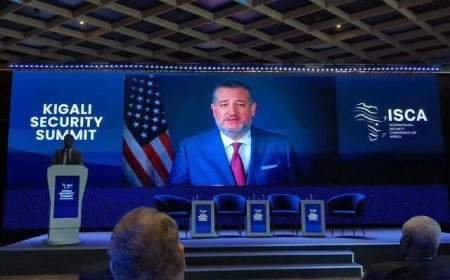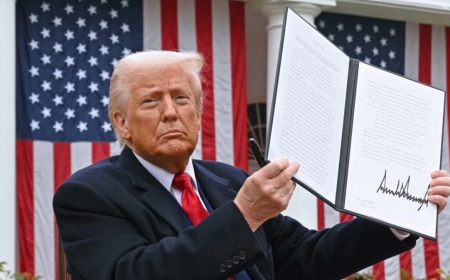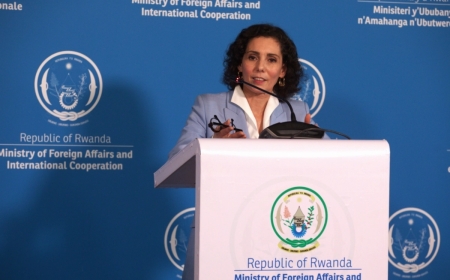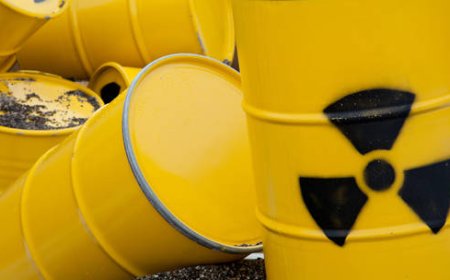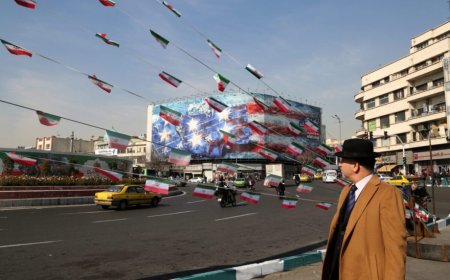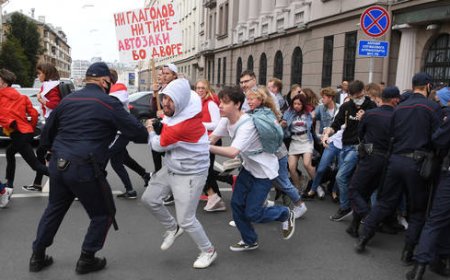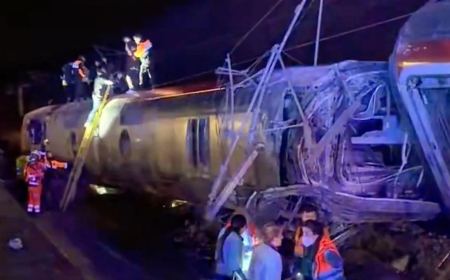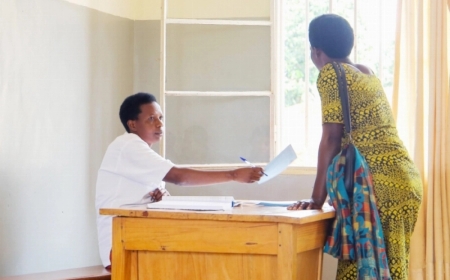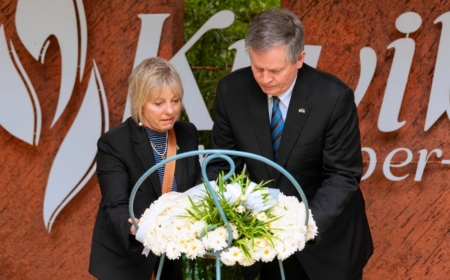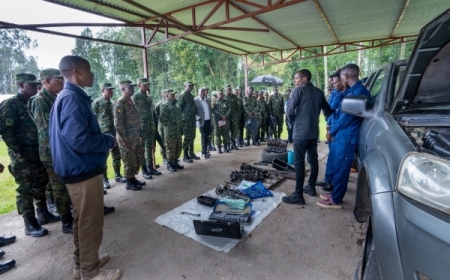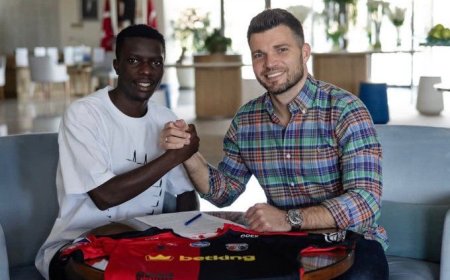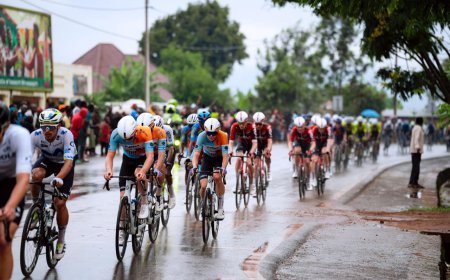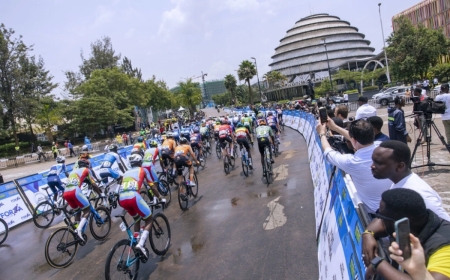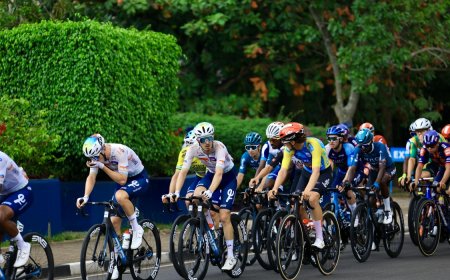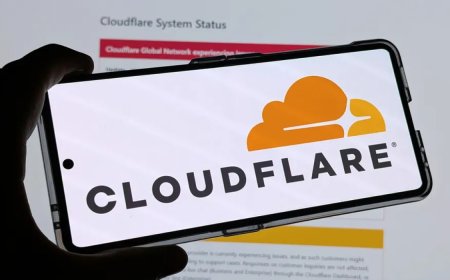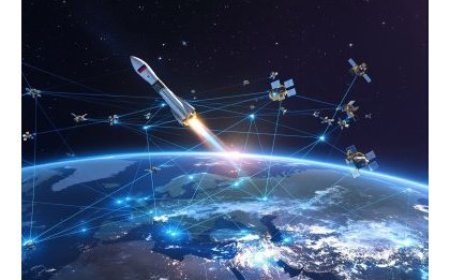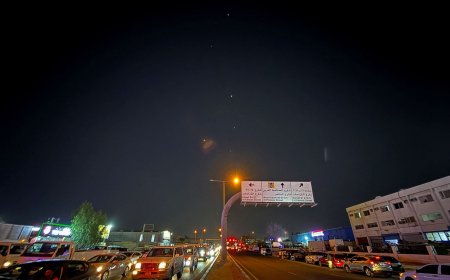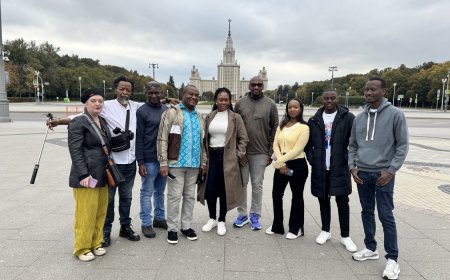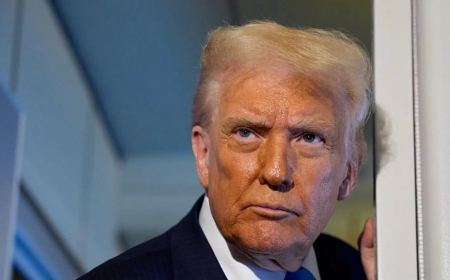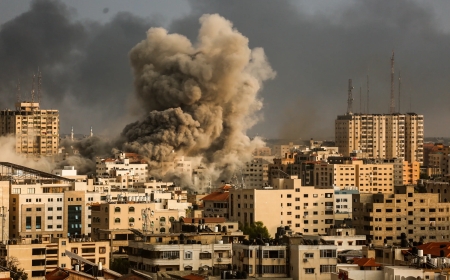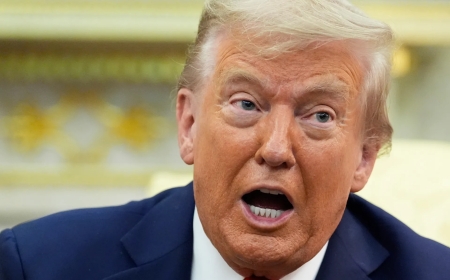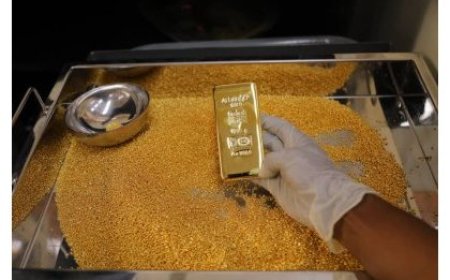Questions arise about traders still selling recalled Salama juice
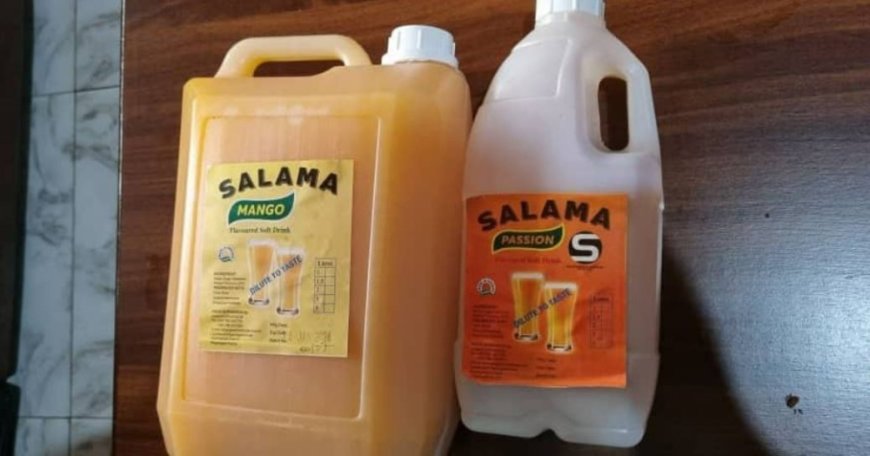
Rwanda National Police (RNP) on October 26 warned traders against selling Salama juice products that were recalled from the market this week.
This comes amid fears that some traders might have quietly continued to supply the banned drinks to consumers under different labels. A video circulated on social media shows one person removing the label from a Salama juice container and replacing it with the label of a different juice brand.
The police, in a post on X, said they would follow up on the matter in collaboration with the Rwanda Food and Drugs Authority (Rwanda FDA), the Rwanda Investigation Bureau (RIB) and other concerned institutions to ensure the products are promptly removed from the market.
Joyland Company Ltd, the producer of the Salama juice brand, was ordered to halt operations this week after law enforcement and Rwanda FDA found it in violation of quality standards, including hygiene.
What happens to recalled products
According to the Rwanda FDA, measures to ensure that people do not continue consuming the recalled products include monitoring the collection process. When certain products are withdrawn from the market, individuals who still have them at home are required to stop using them.
Traders are required to immediately cease selling them, remove them from their stock, and return them to their suppliers until they reach the manufacturer, in cases where they were produced locally. In the case of Joyland Company, which was ordered to close operations, traders were advised to discard the products.
Once collected and quantities established, a plan is made to dispose of them in an approved manner that does not harm the environment.
Where possible, suppliers then provide replacements that meet quality standards equivalent to the quantities the traders were left with and did not sell, or they refund the traders.
For imported products, items are returned to the importer, who notifies their supplier and is refunded through one of the mechanisms mentioned above.
Another step after a market withdrawal is ensuring the products are promptly removed, which is currently being done. Continuous inspections by national institutions, combined with public reporting, help ensure that such issues are detected early.
What about consumers?
Rwanda FDA indicates that the recall of Salama juice products followed a recent inspection that found the company had shifted production to unlicensed premises that did not meet food safety and hygiene standards, compromising product quality. This situation was identified only recently, and immediate regulatory action was taken to protect consumers.
Rwanda FDA advises those who consumed them show no unusual symptoms; there is no immediate cause for concern. However, if any unusual signs are noticed, medical attention should be sought.
